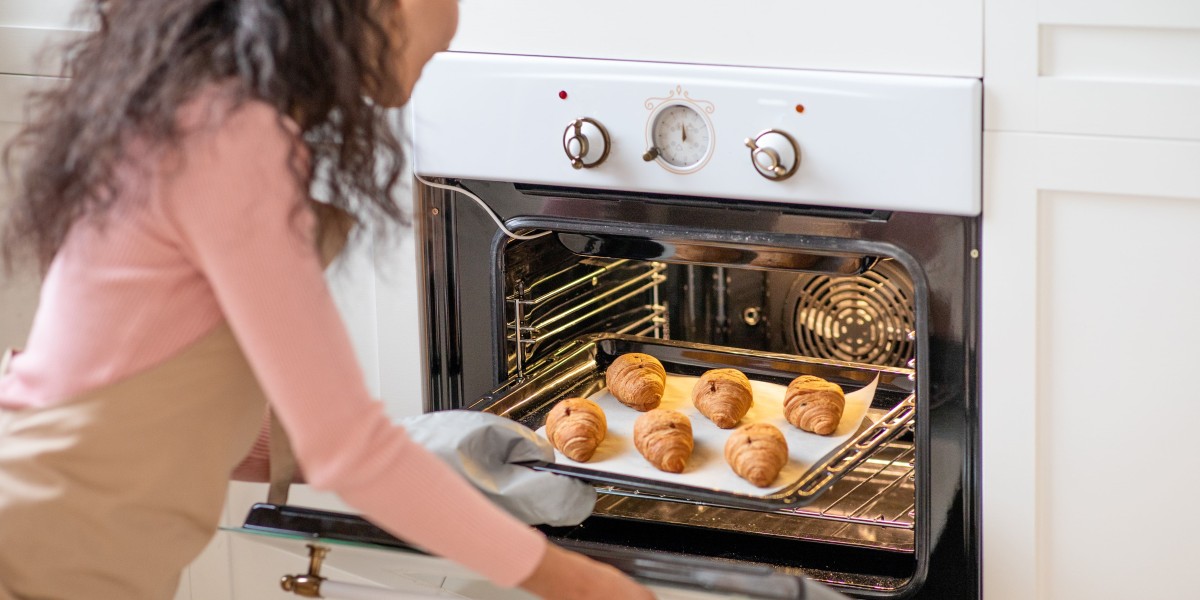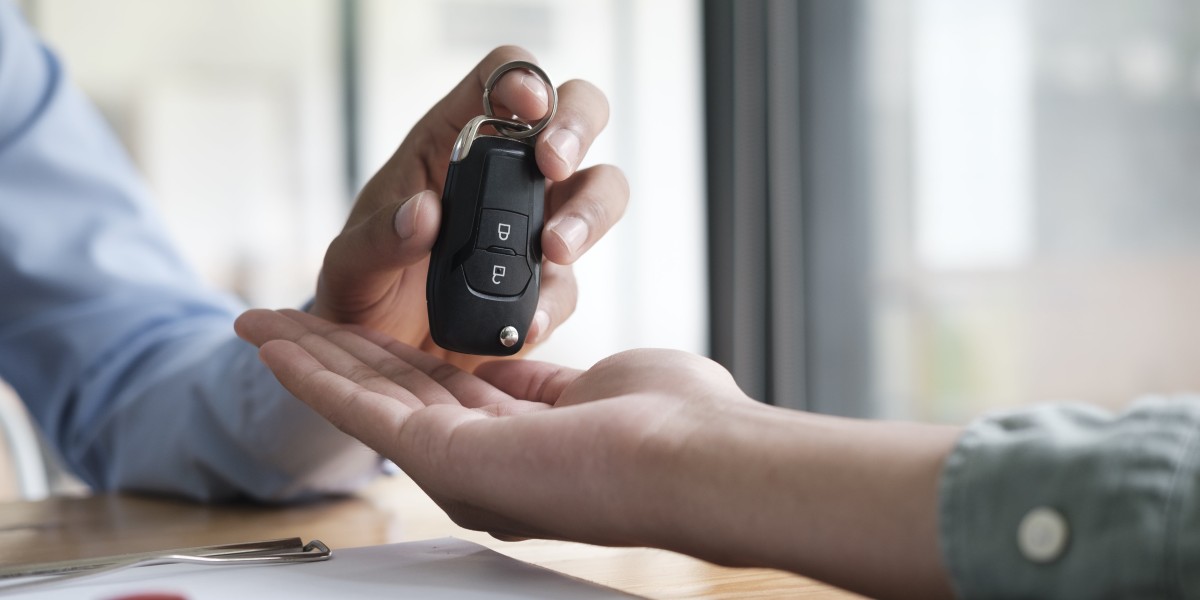Understanding Car Replacement Keys: A Comprehensive Guide
When owning a car, one of the most aggravating events can be losing or damaging your keys. The possibility of a car replacement key can be challenging, especially given the developments in automotive innovation. This thorough guide will look into the intricacies of car replacement keys, covering types, costs, and often asked concerns, to assist chauffeurs make informed options.
Kinds Of Car Keys
To understand the process of car key replacement, it's important to recognize the various kinds of car keys available today. Each type has various costs and approaches for replacement. Below is a look at the most typical key types:
| Key Type | Description | Replacement Method |
|---|---|---|
| Standard Key | Mechanical key without any electronic components. | Can be quickly duplicated at a locksmith or hardware shop. |
| Transponder Key | Key with a chip that communicates with the car's ignition system. | Needs professional programming at a car dealership or locksmith. |
| Smart Key | Keyless entry system frequently used in modern lorries, which can start the car with the push of a button. | Replacement is usually done through the car dealership and can be expensive. |
| Remote Key Fob | Key that consists of a push-button control for lock/unlock performance. | Can be replaced through dealerships or aftermarket options, should be configured. |
| Keyless Entry System | Advanced system permitting entry and ignition without a physical key. | Replacement typically needs a dealership or specialized locksmith. |
The Process of Getting a Replacement Key
Replacing a car key usually includes several actions, depending upon the kind of key. Here's a basic overview of what to anticipate:
Determine the Key Type: Identify which kind of key your car uses. This information can normally be found in the vehicle's manual.
Collect Required Information: Before contacting a locksmith professional or car dealership, put together essential information such as:
- Vehicle Identification Number (VIN)
- Make, model, and year of the vehicle
- Proof of ownership (title or registration)
Contact a Professional: Depending on the key type, connect to your car key Specialist dealership or a locksmith focusing on automotive keys.
Configuring the Key: Some keys, particularly transponder and wise keys, need shows to sync with your vehicle's ignition. This action is essential for performance.
Check the New Key: After receiving the replacement key, test it in all pertinent functions, including beginning the car and using remote functions.
Expense of Replacement Keys
The cost of replacing a car key can vary significantly based upon the kind of key and where you pick to get it replaced. Below is a rough quote of expenses related to each key type:
| Key Type | Approximated Replacement Cost |
|---|---|
| Traditional Key | ₤ 2 - ₤ 10 |
| Transponder Key | ₤ 50 - ₤ 200 |
| Smart Key | ₤ 200 - ₤ 600 |
| Remote Key Fob | ₤ 50 - ₤ 300 |
| Keyless Entry System | ₤ 300 - ₤ 800 |
Note: These costs might vary based on place and whether the service is performed by a dealership or a locksmith.
Frequently Asked Questions about Car Replacement Keys
1. Can I replace my car key myself?
While it is possible to replace some standard keys yourself, advanced keys with chips (transponder or clever keys) need special programming that generally can just be done by a dealer or a skilled locksmith professional.
2. How long does it require to get a replacement key?
The time it takes to acquire a replacement key can differ based on the kind of key and where it is replaced. Traditional keys can frequently be duplicated in minutes, while transponder and wise keys may take longer, possibly a number of hours, specifically if they need to be bought from the dealership.
3. Will my car's alarm be impacted after changing my key?
In many cases, replacing a key, particularly one with a chip, will not affect your vehicle's alarm. Nevertheless, if you change to a key that is not properly configured for your car, it may not work correctly with the alarm.
4. Is it safe to purchase aftermarket keys?
Aftermarket keys can be an economical choice however come with risks. They might not constantly work with your vehicle, resulting in performance concerns. Always check evaluations and seek advice from a professional if unsure.
5. What should I do if my key gets lost?
If your key is lost, it is vital to act rapidly. Depending upon your key type, call a locksmith or your dealership to talk about replacement alternatives. It is likewise advisable to reprogram your car's system to avoid unauthorized gain access to.

Preventing Future Key Loss
Keeping a spare key and implementing precautionary measures can assist prevent the frustration of losing or damaging a car key. Here are some pointers for protecting your keys:
- Keep a Spare: Always have a backup key kept in a safe location. Think about using a magnetic key holder outside your vehicle.
- Attach a Key Finder: Use a Bluetooth tracker on your keychain that signals your phone if you misplace it.
- Designate a Spot: Create a consistent area in your home for keeping your keys when they're not in usage.
Comprehending the types of car keys, the replacement procedure, and associated costs can save chauffeurs from stress and monetary stress in the event of a lost or damaged key. With a little proactive preparation and knowledge, car owners can ensure they are prepared for any situation. Always speak with a professional when in doubt, and think about preventive steps to decrease future headaches.








